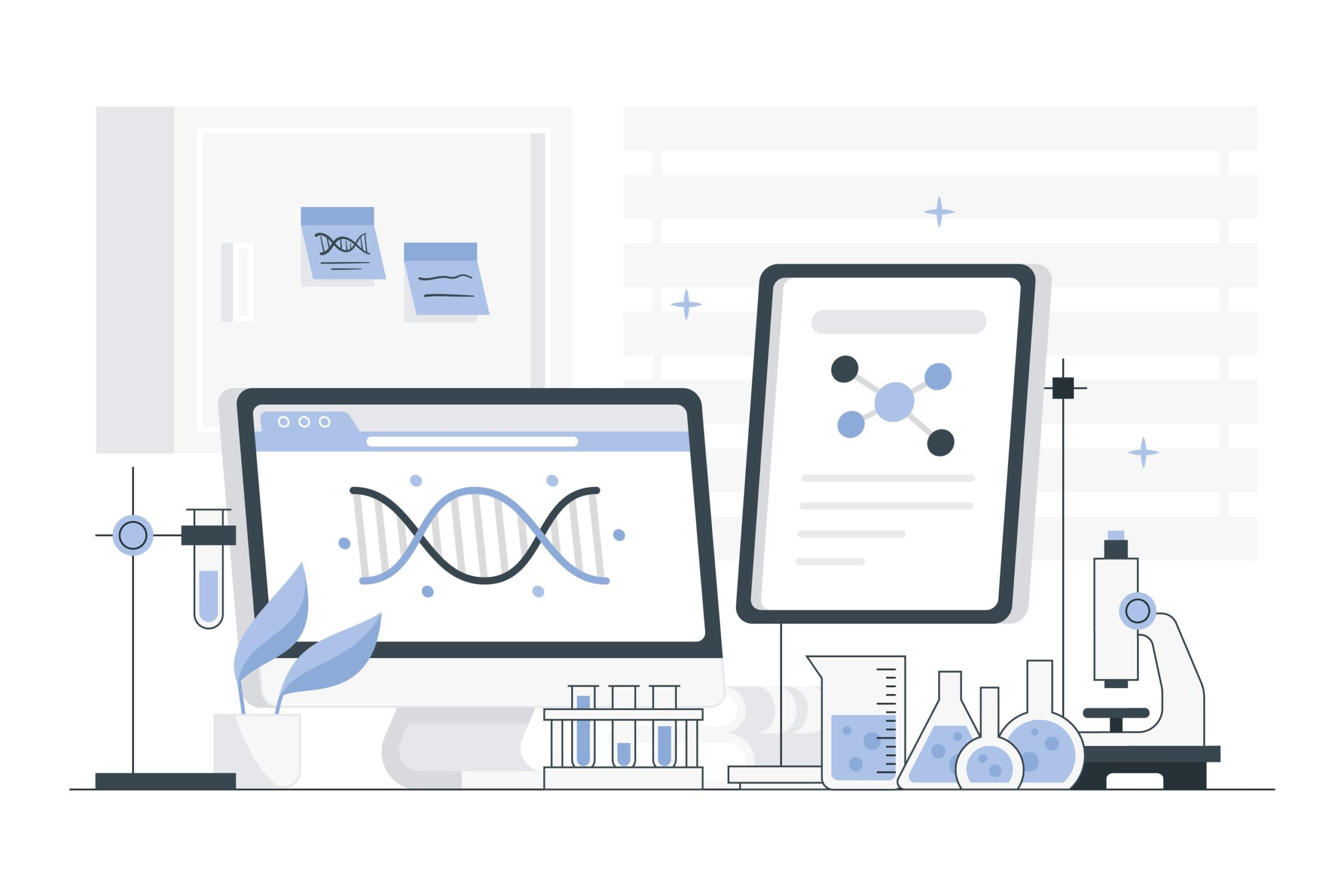Clinical trials generate vast amounts of raw data, but this data is only useful when analyzed effectively. Clinical trial data analysis tools help researchers transform unstructured data into meaningful insights, aiding in drug development, patient safety, and regulatory approvals.
With advancements in artificial intelligence (AI) and machine learning (ML), these tools are more powerful than ever. This article explores the best clinical trial data analysis tools, their benefits, and how they turn raw data into actionable insights.
Importance of Clinical Trial Data Analysis
Why Is Data Analysis Crucial in Clinical Trials?
Clinical trials involve multiple phases, each generating vast datasets. Effective data analysis helps:
- Identify patterns and trends
- Detect adverse effects early
- Optimize trial efficiency
- Ensure regulatory compliance
- Improve patient outcomes
Without robust data analysis, clinical trials may suffer from delays, errors, and inefficiencies that could hinder the approval of new treatments.
Challenges in Clinical Trial Data Analysis
Analyzing clinical trial data is complex due to:
- Data Volume: Trials generate massive datasets from diverse sources.
- Regulatory Compliance: FDA, HIPAA, and other agencies impose strict guidelines.
- Data Integration: Combining data from multiple sources can be challenging.
- Data Security: Protecting patient information is a top priority.
To overcome these challenges, clinical trial teams rely on specialized data analysis tools.
Top Clinical Trial Data Analysis Tools
1. SAS Clinical Data Analysis
SAS is a leading analytics platform offering tools for statistical analysis, data visualization, and predictive modeling.
Key Features:
- Advanced statistical analysis capabilities
- Integrated data management tools
- Compliance with regulatory standards
Why It Matters: SAS ensures that clinical trial data meets industry regulations and is analyzed accurately for informed decision-making.
2. IBM Watson Health
IBM Watson Health uses AI and machine learning to analyze clinical data efficiently.
Key Features:
- AI-driven data insights
- Integration with electronic health records (EHRs)
- Cloud-based analytics
Why It Matters: Watson Health accelerates data processing, helping researchers identify trends faster and make real-time adjustments.
3. Medidata Rave Clinical Cloud
Medidata Rave is an end-to-end cloud-based clinical data management system.
Key Features:
- Centralized data storage
- Automated data cleaning and validation
- Real-time analytics
Why It Matters: Medidata Rave streamlines clinical trial management, reducing data errors and improving efficiency.
4. REDCap (Research Electronic Data Capture)
REDCap is a secure web-based application for clinical data collection and analysis.
Key Features:
- Customizable data capture forms
- Secure and HIPAA-compliant
- Easy-to-use interface
Why It Matters: REDCap is ideal for academic and small-scale clinical research studies due to its user-friendly features and security.
5. Oracle Health Sciences Clinical One
Oracle Clinical One is a cloud-based solution for managing clinical trial data.
Key Features:
- AI-driven analytics
- Unified data platform
- Real-time monitoring
Why It Matters: Oracle Clinical One enables seamless data integration, ensuring accurate analysis and better trial outcomes.
How These Tools Turn Raw Data into Actionable Insights
1. Data Cleaning and Validation
Raw clinical trial data often contains errors, missing values, and inconsistencies. Analysis tools like Medidata Rave and SAS perform automated data cleaning and validation, ensuring data accuracy.
2. Statistical Analysis for Decision-Making
Statistical methods like regression analysis, survival analysis, and Bayesian models help researchers understand treatment efficacy and safety.
3. AI and Machine Learning for Predictive Insights
AI-powered tools like IBM Watson Health analyze vast datasets to predict patient responses, identify risk factors, and optimize trial designs.
4. Real-Time Monitoring and Adaptive Trials
Modern tools provide real-time data access, allowing researchers to adapt trial protocols based on emerging results, reducing costs and trial duration.
5. Regulatory Compliance and Reporting
Clinical trial data analysis tools ensure compliance with regulatory requirements by automating data reporting and audit trails.
Future Trends in Clinical Trial Data Analysis
1. Integration of Blockchain Technology
Blockchain can enhance data security, transparency, and integrity in clinical trials.
2. Increased Use of AI and Machine Learning
AI will continue to revolutionize data analysis, enabling faster and more accurate decision-making.
3. Cloud-Based Data Management
Cloud solutions will become the standard, offering scalability, real-time collaboration, and enhanced security.
Conclusion
Clinical trial data analysis tools are essential for transforming raw data into actionable insights. Platforms like SAS, IBM Watson Health, Medidata Rave, REDCap, and Oracle Clinical One streamline the analysis process, ensuring accurate results and regulatory compliance.
As technology evolves, AI, machine learning, and blockchain will further enhance data analysis capabilities, improving drug development and patient care. By leveraging these tools, clinical researchers can make data-driven decisions that lead to better health outcomes.



